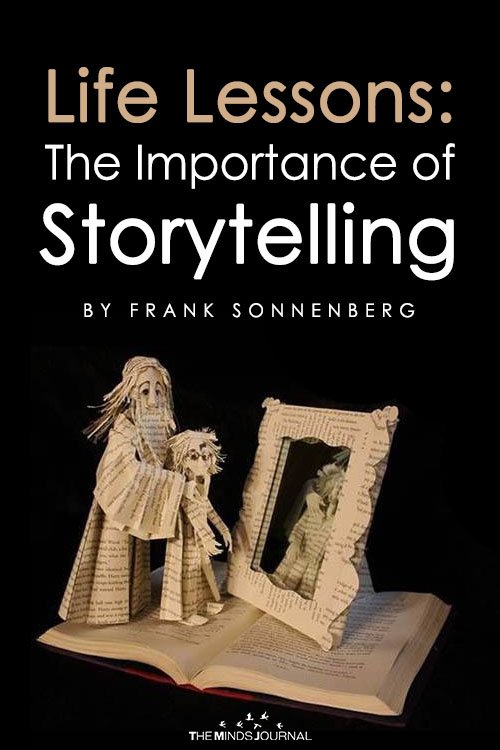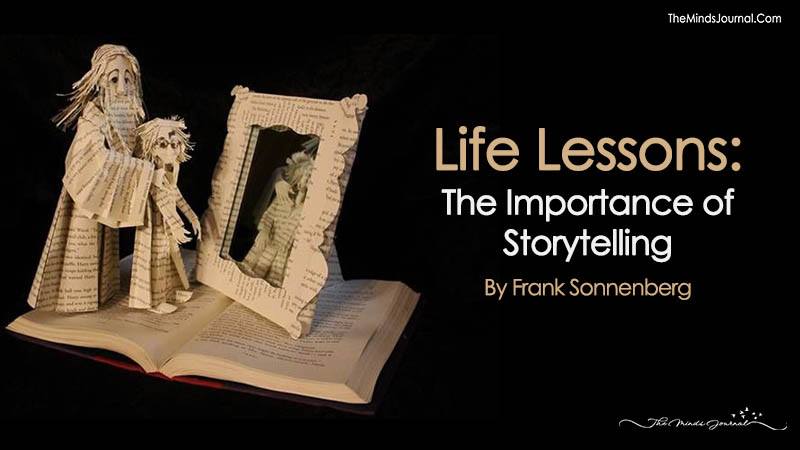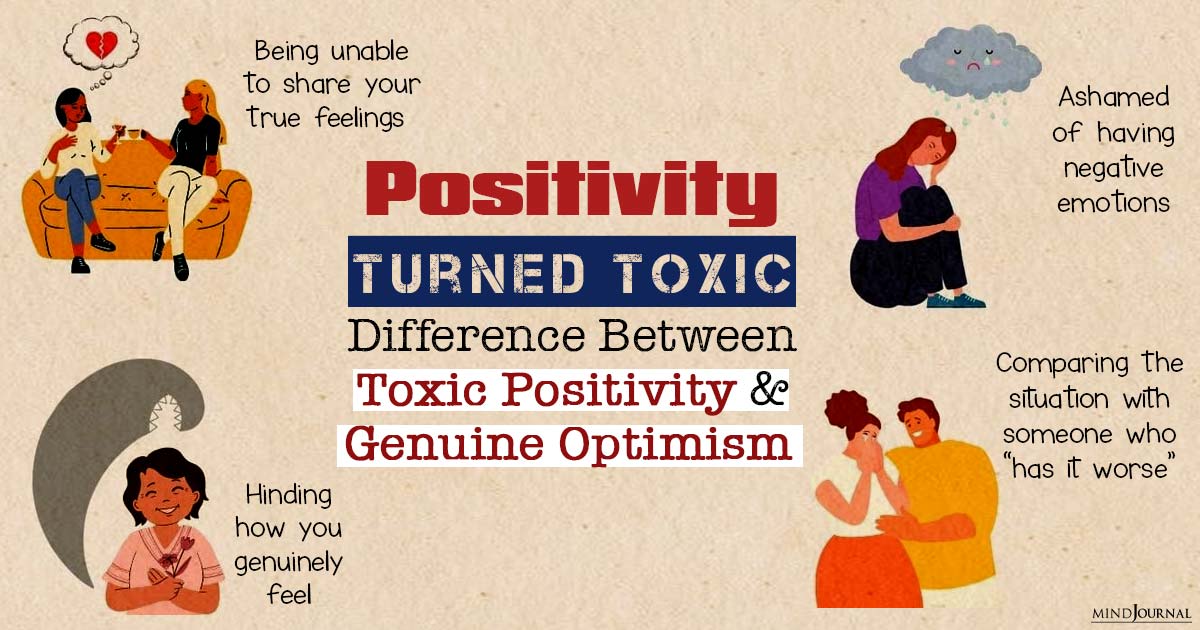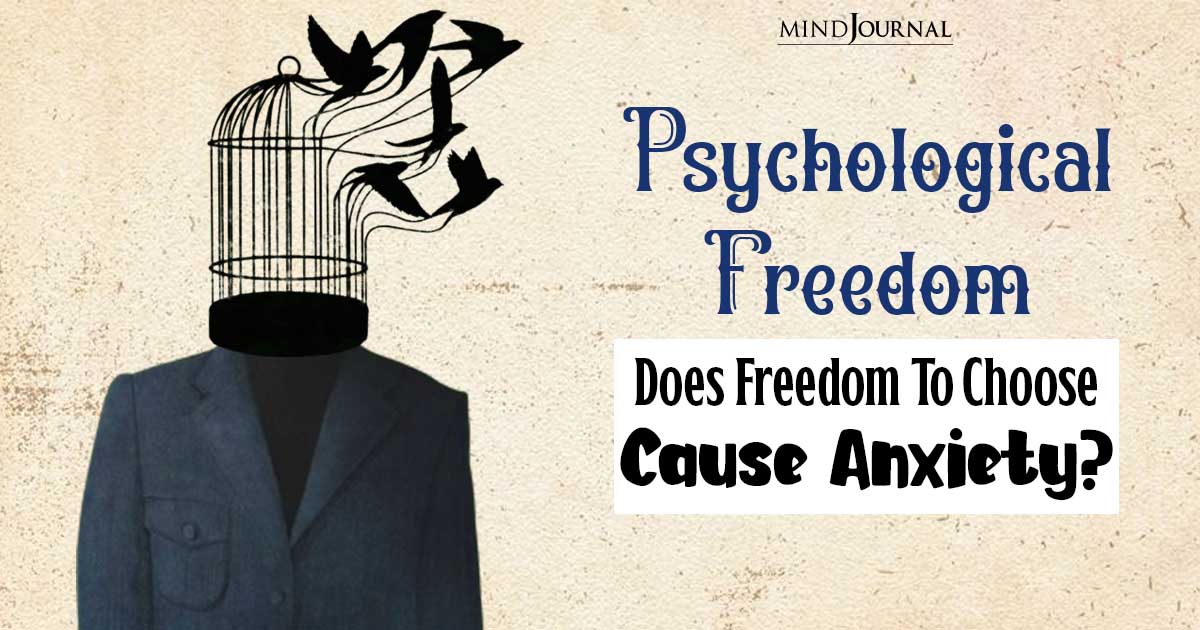Some experiences are so momentous that they have the potential to be life changing.
My parents endured two of them. They passed valuable lessons on to us by recounting stories that molded our character, shaped our values, and influenced our outlook on life. Are you passing important life lessons on to others?
My parents fled Germany during the Hitler regime, with only the possessions they could carry. They didn’t complain about what life dealt them because they knew they were lucky to make it safely to America. Like many others, they had hopes of building a life for their family and living the American Dream. The other event that had far-reaching consequences on my parents’ generation was the Great Depression. Everyone alive at the time was deeply touched by that experience.
Here are 13 life lessons that were passed down to us from the Great Depression
1. Be present.
Leave the past behind and enjoy each moment of today. Be flexible and adapt to change. You never know what the future holds.
2. Be self-reliant.
Acquire the knowledge, skills, experience, and moral character to be self-sufficient. You’ll depend on it one day.
3. Be resilient.
There will be times when your determination will be tested. Be strong when the consequences are low. You’ll need to garner that inner strength when the consequences are high.
4. Be tolerant. Be open-minded.
You can’t expect others to abandon their values any more than you would forsake our own.
5. Be frugal.
Know the value of a dollar and make informed and thoughtful decisions. My parents told us, “Never leave a room with the lights on and always eat everything on your plate.”
6. Be realistic.
Don’t get too attached to possessions. Material possessions get old and wear out. Memories last forever.
7. Be diligent.
You can achieve your dreams as long as you’re willing to work hard and put your mind to it. Part of your reward is in knowing that your success was earned through hard work and sacrifice.
8. Be your own person.
Don’t follow others blindly. Many people who jump on the bandwagon are uninformed or misinformed.
9. Be knowledgeable.
Listen to both sides of a debate before forming your opinion. If someone tries to shut down discussion, ask yourself why.
10. Be heard. Speak up against injustice.
Listen to your conscience and do what’s right. Period. As Edmund Burke said, “The only thing necessary for the triumph of evil is for good men to do nothing.”
11. Be selective.
Measure a person’s worth by their character, not their possessions.
12. Be grateful.
We have the right to privacy, the freedom to speak our mind, and the privilege to practice the religion of our choice. People gave their lives to protect these liberties, so we should never take these freedoms for granted.
13. Be proud.
A country is only as good as the makeup of its citizens. It is our duty to build on the promise of the American Dream and to leave a better world for our children. As John F. Kennedy said, “Ask not what your country can do for you, ask what you can do for your country.”
Life Lessons Come Alive Through Storytelling
As leaders, role models, and parents, we must utilize every opportunity available to us to reinforce the values and beliefs that we hold dear. Once these values are adopted, they affect our day-to-day actions, determine what’s important, and reinforce appropriate behavior.
There are several ways of achieving that end. They include showcasing heroes, observing rituals and ceremonies, honoring traditions, and telling stories. Storytelling is a powerful tool based on the first-hand experience, delivered from the heart and told by a trusted source.
If we fail to promote the values that we hold dear, over time, our beliefs will be so diluted that we’ll open our eyes one day and won’t recognize “our world” anymore. If we fail, the values that support the backbone of our country, family, and faith will have drifted for so long that the fabric of our society will be torn. It’s up to you. If you don’t pass your values on to your kids, someone else will. Lessons in life will be repeated until they are learned.
Are You Passing Your Life Lessons To Others?
Please leave a comment and tell us what you think or share it with someone who can benefit from the information.
Become a Contributor at The Minds Journal
We Want To Hear Your Story. Share your work,thoughts and writings and we will make sure, it reaches the world! Submit Now

You may also like
- 3 Important Life Lessons Everyone Can Learn From Being Single
- 8 Beautiful Life Lessons You Can Learn From One Sided Love
- 33 Life Lessons to Learn from Eleanor Roosevelt
- Powerful Life Lessons from The Alchemist









Leave a Reply
You must be logged in to post a comment.